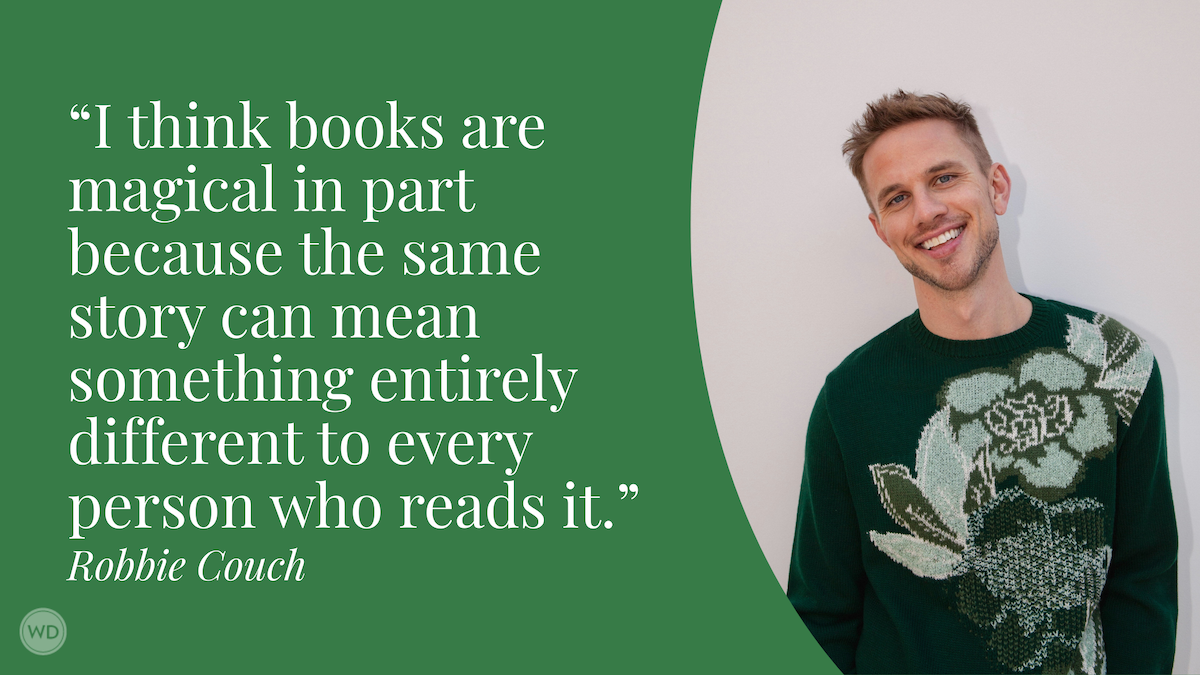10 Equal Quotes From Animal Farm, by George Orwell
Here are 10 equal quotes from Animal Farm, by George Orwell. In the same novella that captures an animal revolution and its aftermath on an English farm, Animal Farm provides plenty of quotable moments.
Published on August 17, 1945, Animal Farm: A Fairy Story was written by George Orwell as a fable structured around the events leading up to the Russian Revolution of 1917. Regardless of original intent, it's also an allegorical novella that's been used to interpret current events in every generation since its publication.
Without giving away too many spoilers, Animal Farm follows a group of animals at Manor Farm that decide Men have benefited off the labor of animals for too long. So they overthrow Mr. Jones and rename the farm Animal Farm. And what feels like a utopia in the early days slowly devolves over the course of the rest of the story.
Here are 10 quotes from George Orwell's Animal Farm that cover men, pigs, donkeys, equality, and more.
10 equal quotes from Animal Farm, by George Orwell
"ALL ANIMALS ARE EQUAL BUT SOME ANIMALS ARE MORE EQUAL THAN OTHERS"
"Can you not understand that liberty is worth more than ribbons?"
"Donkeys live a long time. None of you have ever seen a dead donkey."
*****
Do you daydream about distant worlds and mythical creatures? If so, take this six-week workshop and transform your ideas into creative science fiction and fantasy novels. You'll discover the essential elements of fictional worlds, how to write a science fiction novel with intriguing characters and plot, and write up to 2,500 words for your science fiction or fantasy story.
*****
"It is for your sake that we drink that milk and eat those apples."
"Man serves the interests of no creature except himself."
"Remove Man from the scene, and the root cause of hunger and overwork is abolished for ever."
"The creatures outside looked from pig to man, and from man to pig, and from pig to man again; but already it was impossible to say which was which."
"The pigs did not actually work, but directed and supervised the others. With their superior knowledge it was natural that they should assume the leadership."
"Windmill or no windmill, he said, life would go on as it had always gone on—that is, badly."
"Now, comrades, what is the nature of this life of ours? Let us face it: our lives are miserable, laborious, and short."








